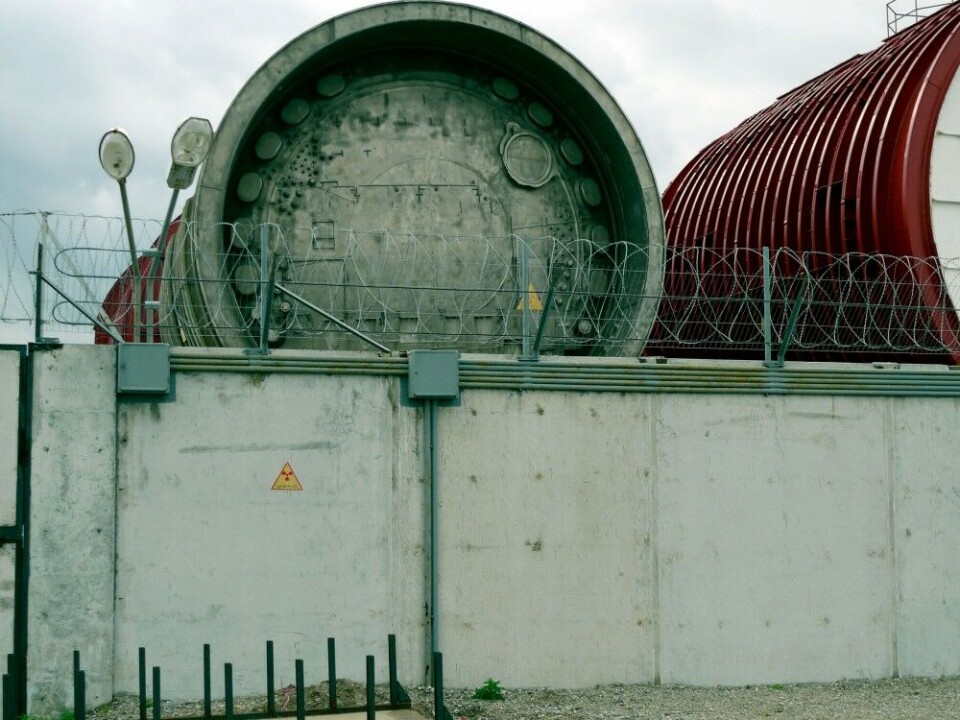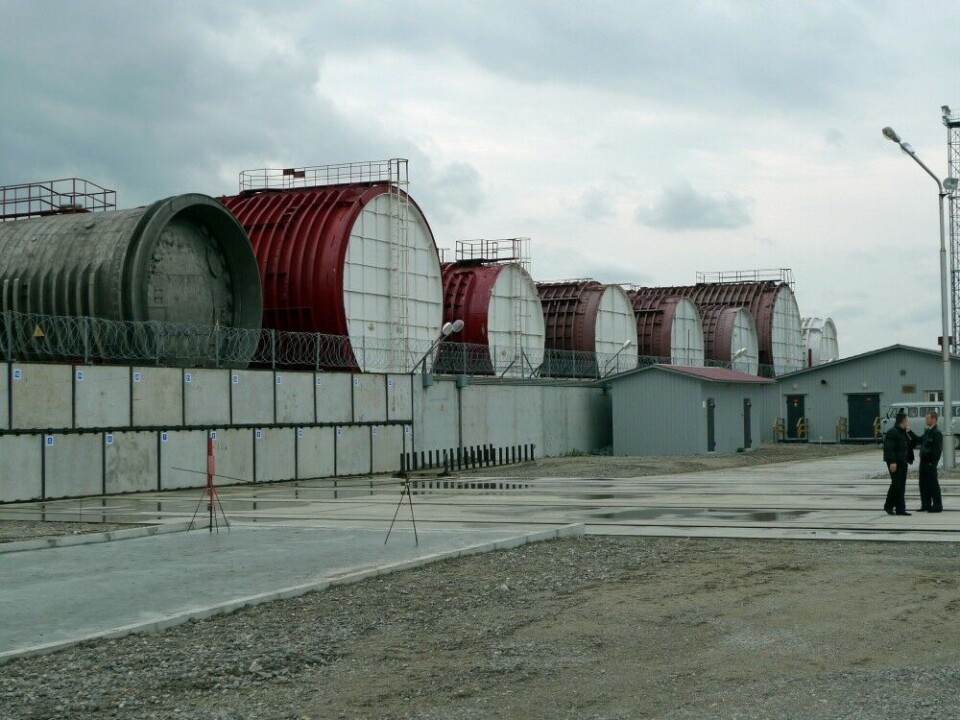
Prosecutors find insufficient anti-terrorist protection at Murmansk nuclear waste sites
Saida Bay and two other key nuclear waste facilities on the Kola Peninsula violate the law on physical protection, a regional court ruling says.
p.p1 {margin: 0.0px 0.0px 0.0px 0.0px; font: 11.0px ‘Helvetica Neue’; color: #000000}p.p2 {margin: 0.0px 0.0px 0.0px 0.0px; font: 11.0px ‘Helvetica Neue’; color: #000000; min-height: 12.0px}span.s1 {font-kerning: none}
An inspection by the prosecutor’s office in Murmansk revealed poor anti-terrorist measures at Saida Bay, Andreeva Bay and Gremikha, Kommersant reports.
The law enforcement officials brought the violations in for court, asking to oblige the defendant to install extra physical barriers of protection and other means to enhance security.
All three sites are operated by SevRAO, the Murmansk branch of Russia’s Federal State Enterprise RosRAO which is responsible for handling and storing of radioactive waste.
The law says all sites storing materials that could harm human health and environment, or be vulnerable to theft of radioactive materials, should have systems promptly detecting unauthorized actions and hinder them, while neutralizing violators.
RosRAO admits the violations identified by the prosecutor’s office, but asked for a prolonged time period to implement the required measures with improved protection. The entity also said some of the violations were already implemented; like a diesel generator as back-up for electricity to the alarm- and sensor systems at Gremikha.
The Leninsky District court in Murmansk, however, did not give SevRAO the requested period until December 2024 to improve physical protection, but ruled that all new barriers should be in place by December 2022.
Rosatom, Russia’s State Atomic Energy Corporation says on its portal that “Security at nuclear facilities represents our top strategic priority; it is viewed as a prerequisite for successful performance in the nuclear industry.”
Andreeva Bay is the main storage site for spent nuclear fuel and solid radioactive waste from the navy’s operations of submarines during the Cold War. Work is already underway to ship out casks with the uranium fuel. First with ship to Murmansk, then with train to Mayak which is Russia’s reprocessing plant in the South-Urals.
European nuclear safety aid
Both Norway and Great Britain have contributed to new infrastructure, including buildings, electricity, roads and fences in Andreeva Bay. In Saida Bay, Germany and Italy have paid hundreds of millions of euros for construction of the huge onshore storage pad and handling facility for reactor compartments and solid radioactive waste.

According to the claims by the prosecutor’s office, the single concrete fence topped with barbed wire isn’t sufficient enough to stop terrorists. The facility should be equipped with a physical barrier around the entire boundary.
Anti-terrorist measures and protection of nuclear objects are a priority for Russia. In April last year, Chechen special forces, the so-called «Flying Squad» and «Terek» groups had a joint exercise with regional security forces at Atomflot, the base for nuclear-powered icebreakers in Murmansk.
The drill involved «a group of terrorists» taking over one of the nuclear icebreakers, before being defeated by the special anti-terrorist rapid response teams, the Barents Observer reported. Both Chechen «Flying Squard» and «Terek» are part of Rosgvardia, the National Guard of Russia.
International cooperation
In 2010, world leaders, including Russia’s then-President Dmitry Medvedev, met at the Nuclear Security Summit and agreed that «nuclear terrorism is one of the most challenging threats to international security, and strong nuclear security measures are the most effective means to prevent it.p.p1 {margin: 0.0px 0.0px 0.0px 0.0px; font: 11.0px ‘Helvetica Neue’; color: #000000}span.s1 {font-kerning: none}»
The U.S. and Russia suspended their nuclear security cooperation in 2014, following the annexation of Crimea. Norway and several other European countries do still maintain cooperation with Russia on nuclear safety, including projects for physical protection.
















